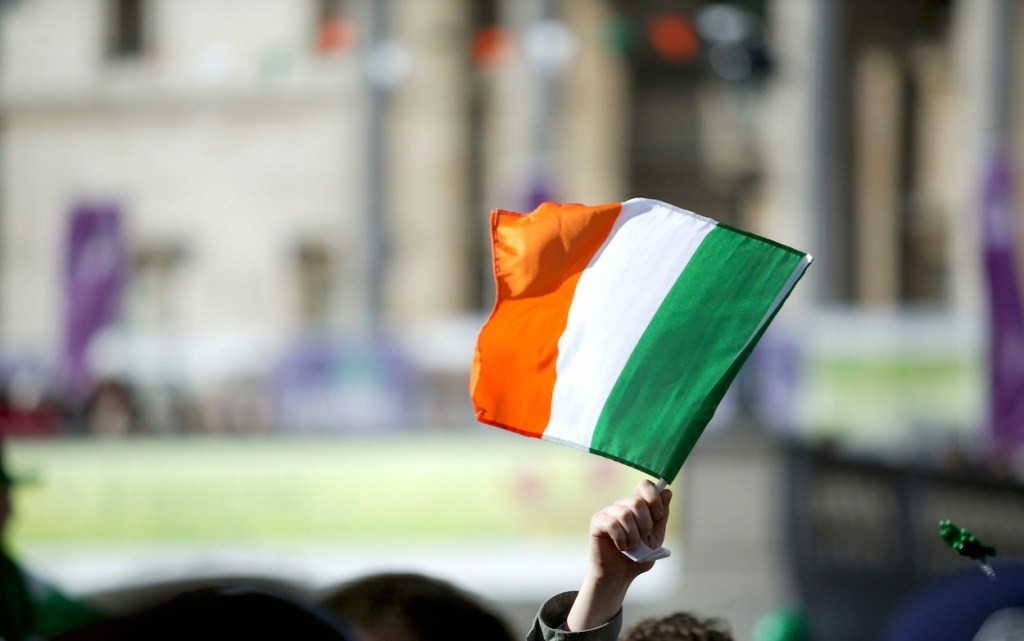The SNP may be outperforming Scottish Labour in the polls, but the party of government still faces tough questions on its record as it approaches the 2026 Holyrood election. Today’s education attainment figures won’t help the nationalists’ argument that they deserve another chance in power – as the stats show the attainment gap between Scotland’s most and least deprived students has widened once again.
The figures reveal that the number of school leavers heading to work, college or university in 2023/24 decreased from the previous year to 95.7 per cent. Despite John Swinney’s SNP government insisting it wants to eradicate child poverty and improve living conditions for the country’s poorest, the deprivation gap has widened from 3.7 percentage points in 2022/23 to 4.3 last year – with a lesser proportion of school leavers from a deprived background going into work or pursuing higher education. In fact, the number of school leavers who were left unemployed rose to 4 per cent in 2023/24, up on the previous year.
When it comes to students leaving high school with exam passes, the picture isn’t any less bleak. There was a decrease from the previous year in the proportion of school leavers leaving with one or more pass at National 5 level (broadly equivalent to a GCSE) and in those leaving with one or more pass at Higher (similar to AS and A-levels). Again, the deprivation gap widened across all qualifications – reaching a stretch of almost 40 percentage points between the most and least deprived students achieving passes at Higher.
Opposition politicians have been quick to blast the Scottish government over today’s figures, with Lib Dem education spokesperson Willie Rennie fuming that the SNP had ‘flunked’ its record on schools while his Scottish Tory counterpart Miles Briggs slammed the party for being ‘missing in action’, adding that ‘ministers have let down pupils and teachers at every turn’. It’s another blow for a party whose former leader Nicola Sturgeon pledged that education would be her ‘priority’, telling her school bosses in 2015: ‘Let me be clear: I want to be judged on this. If you are not, as First Minister, prepared to put your neck on the line on the education of our young people, then what are you prepared to?’
Yet despite this promise, it was Sturgeon’s own party that took the questionable move to remove Scottish schools from key studies that examined academic performance. Leaving TIMSS (the Trends in International Mathematics and Science Study) and PIRLS (the Progress in International Reading Literacy Study) caused uproar in the academic world at the time, with leading academics warning that the move was unlikely to improve falling standards. It was only under Humza Yousaf, Swinney’s predecessor, that the decision was reversed.
And Covid-era policies play a part, too. Edinburgh University’s Professor Lindsay Paterson told BBC Scotland that the country still hasn’t fully recovered from the closing of schools during Covid, noting that ‘unlike in England and other countries, there has never been a proper programme of educational recovery here’. He continued: ‘The harm is greatest to those children who have not been able to get help at home, or whose parents can't afford to pay for extra tutoring. But behind this is a deeper problem. The Scottish government has never had a coherent strategy for dealing with the educational effects of poverty.’
Swinney will no doubt be disappointed by today’s figures, not least given his party has only just started to recover in the Scottish polls. The First Minister's breaking away from the news-grabbing tendencies of his predecessors seems to be working; his new strategy involves keeping below the parapet, concentrating on issues which are devolved to Scotland and making the eradication of child poverty, rather than independence, his main focus. While the SNP leader might be commended by his opponents for being less preoccupied by the constitution, today’s stats suggest the SNP has a way to go on sorting out more entrenched problems facing the country before Scotland next goes to the polls. The clock is ticking.








Comments